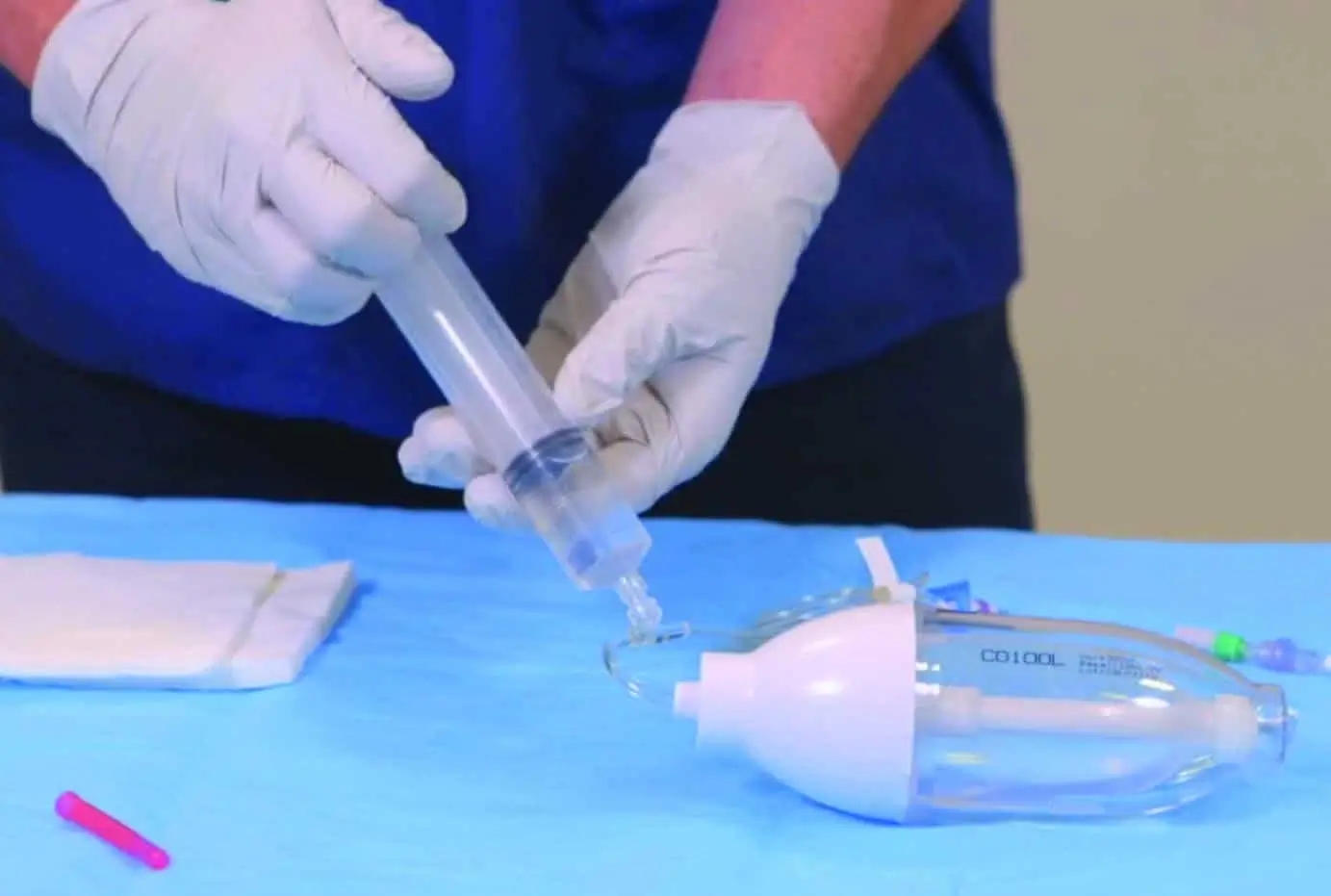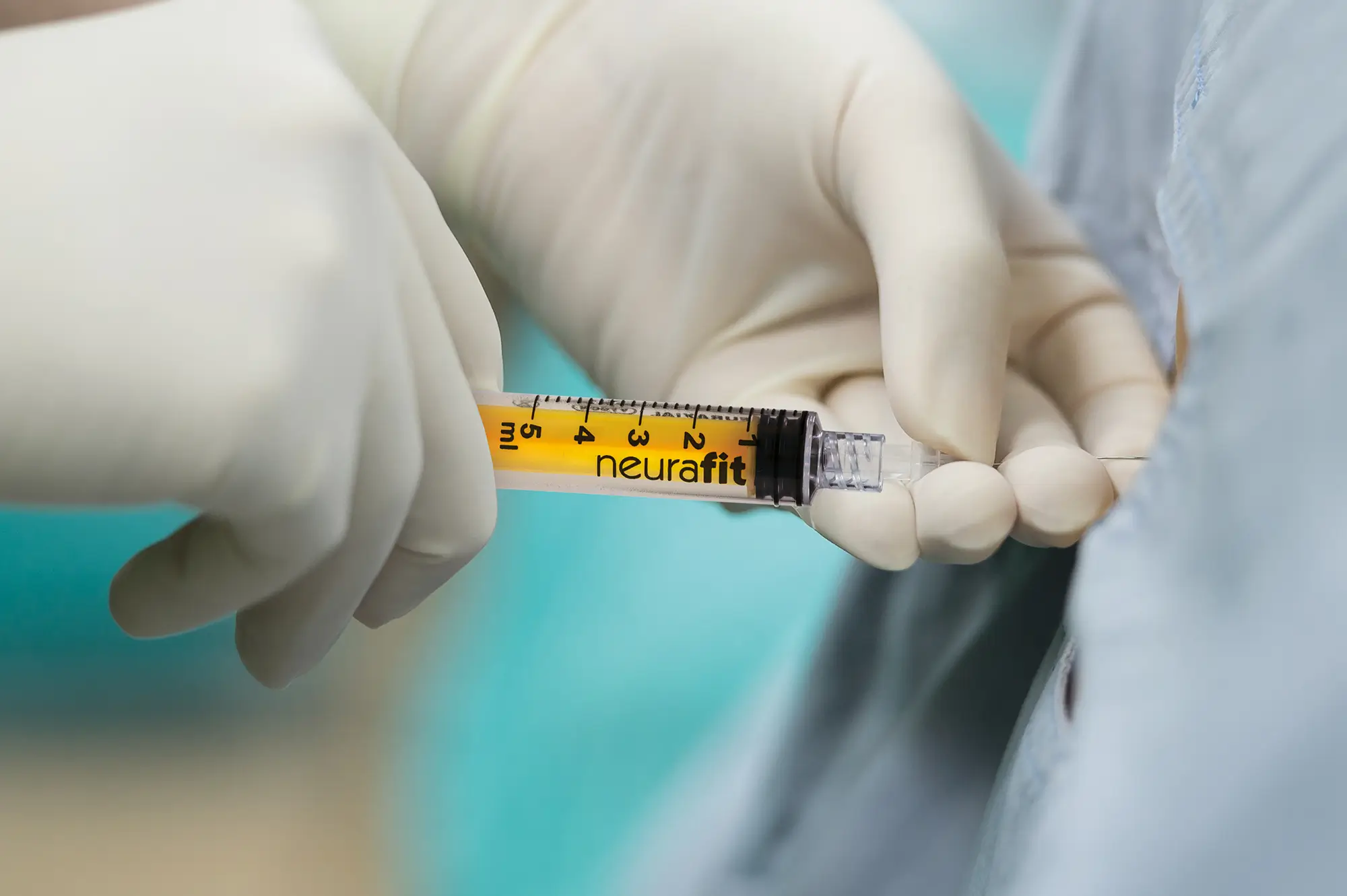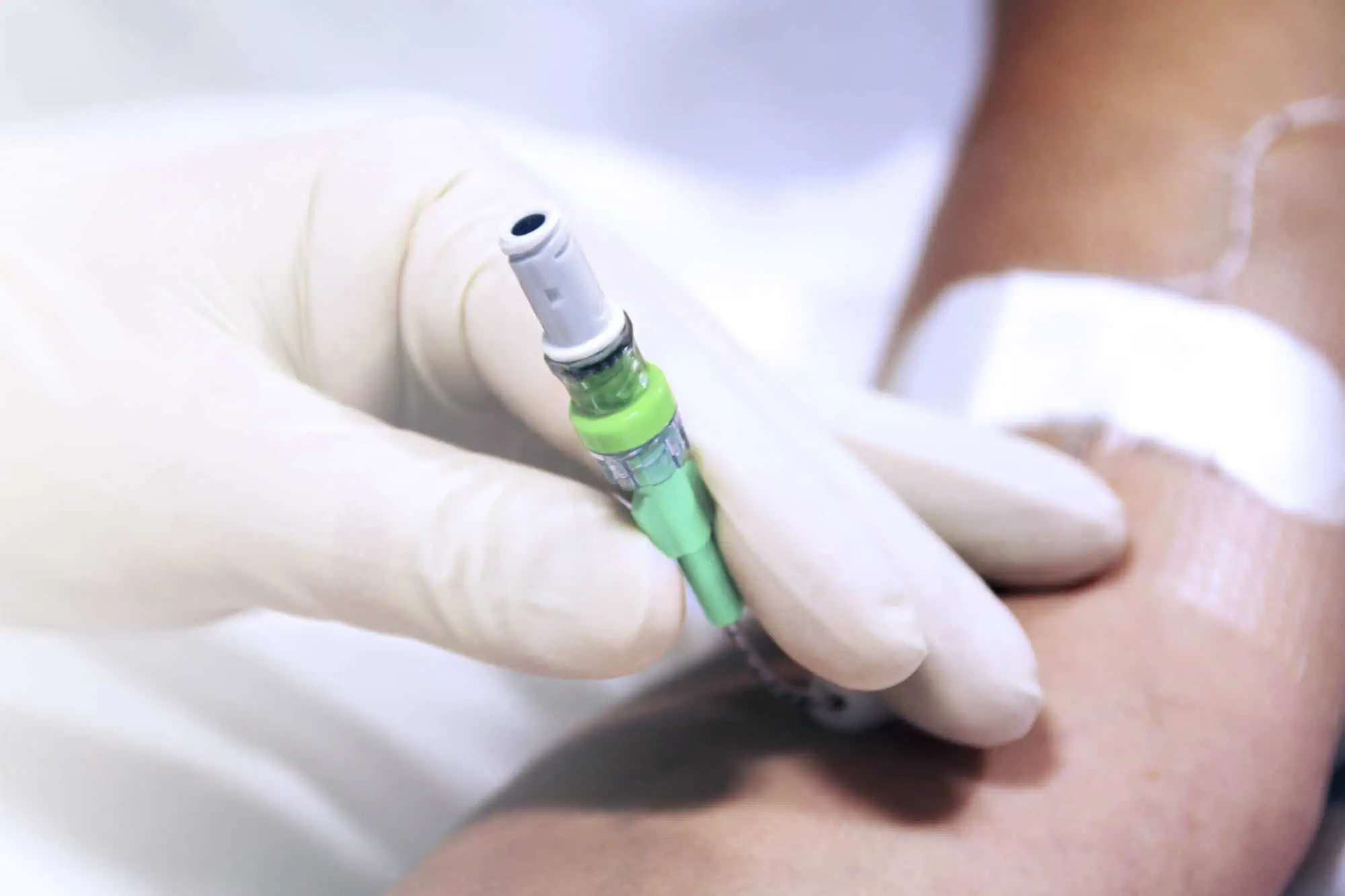The NHS at 75 – the innovations and medtech saving money and saving lives

Celebrating 75 years of the NHS
It’s July 5th, 1948, and post-war Britain is blighted by continued food rationing, a lack of housing and an increase in death rates caused by tuberculosis. Morale in the country is low and the introduction of the National Health Service, which promises to ‘provide universal and free benefits to all those in need, funded by taxation’ couldn’t arrive at a more vital time.
Fast forward 75 years and the NHS is an established and well-loved institution, heralded the world-over as a welfare state leader.
For the past 50 years, Vygon has played an important role in supporting the NHS – through specialist training and support, supplying vital, lifesaving medical devices and introducing cutting-edge technological solutions to hospital wards and operating theatres.
Here, we take a look at some of our innovations supporting frontline clinicians and treating patients at Trusts spanning the nation…
Freeing up hospital beds and saving thousands with Vygon’s Accufuser elastomeric pump.
The Medway Maritime Hospital in Gillingham, part of the Medway NHS Trust, has saved over £160,000 as a result of using Vygon’s Accufuser elastomeric infusion pump, which allows patients to remain in their own homes as virtual ward patients, under the direct care of the hospital.
The project, which was established in October 2021, has seen more than 60 patients treated. By using the pump, alongside remote monitoring technology, clinicians can administer drugs and keep track of patients’ vital signs - without the need for them to attend the hospital. Keeping in touch with patients via telephone or video calls, only one in-person clinician visit is required each day, to change the pump.
Clinical Nurse Lead and Service Improvement Manager Jackie Hammond, who implemented the Surgical Medical Acute Recovery Team (SMART) at Medway runs the virtual ward.
She explained: “The days of patients staying in hospital throughout their acute treatment is in the past. The pandemic highlighted how safe and important receiving care in one’s familiar environment is, by utilising innovation and technology.”
Improved experiences for patients, thanks to the Lifecath midline.
Vygon’s Lifecath midline catheter is transforming patient care and has delivered a significant saving to the NHS, based on a study by Gloucestershire Hospitals NHS Foundation Trust.
Currently being used on around 250 of the Trust’s patients each year, the catheter technology has been transformative for patients who need therapies such as antibiotics to be delivered intravenously over an extended period, or who need to have blood samples taken regularly.
Advanced Nurse Practitioner Julian Phelps has led the implementation of the Lifecath at the Trust. He said:
“They are typically used for patients who are on antibiotics for six to eight weeks, even up to 12 weeks and they easily last that long.
"The longest we’ve had was for a year, and there are quite a few patients who have had them in for four or five months. What we were using before would last about a week, maybe two, and that was it. Also, and this must be something to do with the composition of the lines, they are very good for blood sampling.”
Julian says this makes a huge difference to patient experience because it means they don’t have to endure repeated procedures to have replacement catheters put in, or to have blood taken. The added convenience means, for some patients, therapies that would have previously meant a stay in hospital can now be performed at home, therefore freeing up hospital beds for others who need them.
Post-operative complications and hospital stays reduced for ovarian cancer patients in Norfolk and Norwich
According to Norfolk and Norwich University Hospitals, which have been using two Mostcare Up devices to assist in Cytoreductive Surgery (CRS) for ovarian cancer patients since 2019, the technology is proven to reduce post operative complications and time spent in a high dependency unit by 45%.
Monitoring arterial blood pressure beat-by-beat and using these values to calculate in-depth haemodynamic parameters – clinicians can accurately assess a patient’s condition, optimise fluid therapy and deliver appropriate treatment, without delay.
With fluid therapy critical to reducing complications, the Norfolk and Norwich team used goal-directed intra-operative fluid management (GDFM) based on readings from Mostcare Up, to make life-saving interventions.
Rocio Ochoa-Ferraro, consultant at Norfolk and Norwich University Hospitals, explained: “With this device, you get a better picture of how to treat your patients and you can target therapy to them. Mostcare Up makes it easier for our team to manage these difficult, challenging cases. And most importantly, the patients do better.
“It has changed our practice because using this monitor reduces stress when dealing with difficult cases where you don't know what you are dealing with from a cardiovascular or the cardiac point of view. It means you can conduct a high-risk procedure using this tool to help you to assess the patient in real time.”














